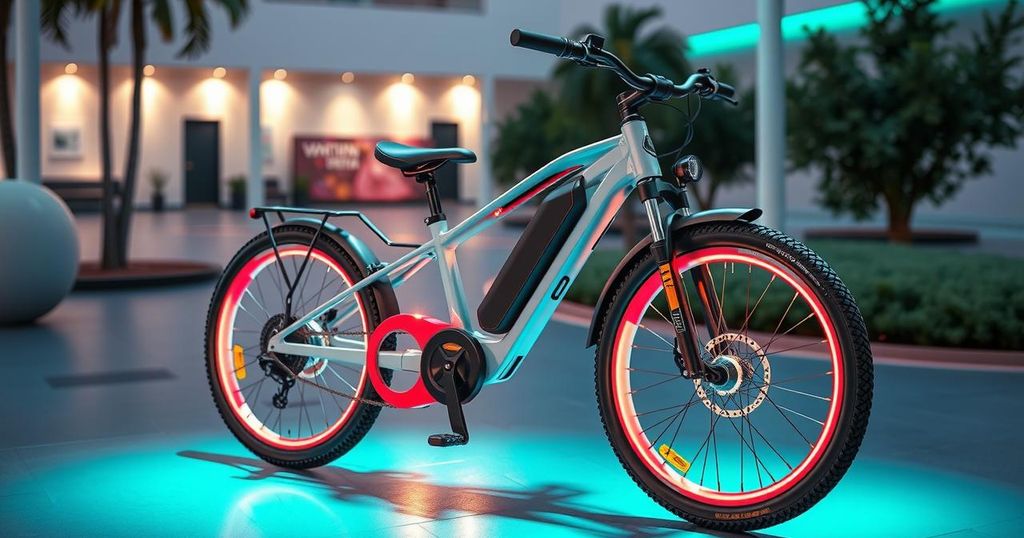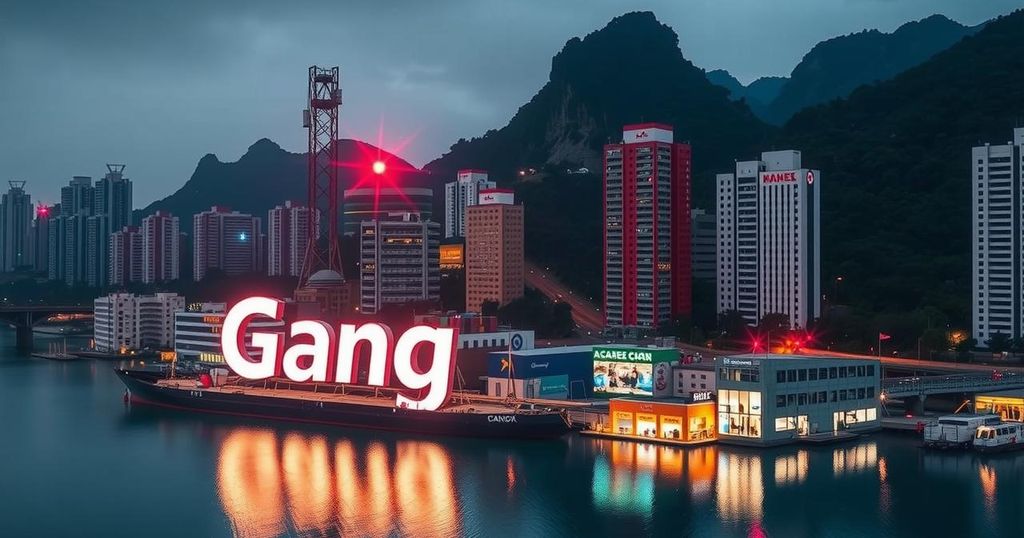Nigerians Question CNG Vehicle Safety After Malaysia’s 2025 Ban
The Malaysian government’s decision to end the use of CNG vehicles by July 2025 due to safety concerns has sparked reactions in Nigeria, where CNG vehicles are being promoted as a safer fuel alternative. Ongoing incidents of explosions involving CNG vehicles in Nigeria have raised public doubts about their safety, contrasting with the proactive transitions being implemented in Malaysia.
The recent decision by the Malaysian government to phase out natural gas vehicles (NGVs) by July 2025 has caused a stir in Nigeria, where the leadership has been advocating for the adoption of Compressed Natural Gas (CNG) vehicles as a viable alternative to petrol. Malaysian Transport Minister Anthony Loke highlighted concerns about the safety risks associated with aging CNG tanks, stating they possess a safe usage lifespan of approximately 15 years. He emphasized that failing to replace these tanks could lead to unsafe practices and potential vehicle failures. In Malaysia, this phase-out will affect 44,383 active NGVs, encompassing various categories such as buses and taxis, representing a mere 0.2% of the national vehicle registration. The government plans to gradually cease the sale of CNG at its filling stations and has introduced assistance programs for affected taxi drivers and vehicle owners. Contrarily, Nigeria, under President Bola Tinubu’s administration, is urging citizens to convert their vehicles to CNG, presenting it as a safer and economically favorable option. This initiative aims to mitigate the adverse effects of removing fuel subsidies, and recent announcements indicate that over 100,000 vehicles have already been converted to CNG or bi-fuel configurations. Nigerians, however, have raised apprehensions regarding the safety of CNG vehicles, particularly following recent incidents involving explosions in some converted cars. This discontent is further amplified by Malaysia’s impending CNG phase-out, leading many to voice their concerns on social media platforms. For instance, one individual remarked, “Meanwhile, Nigerian rulers are putting CNG forward as a safe alternative to petrol. Note the clear-headed and tangible provisions made by the Malaysian government to help citizens with the transition.”
The topic centers on the contrasting approaches to Compressed Natural Gas (CNG) vehicles in Malaysia and Nigeria. The Malaysian government’s recent decision to phase out NGVs due to safety concerns has raised questions in Nigeria, where CNG is being actively promoted as a transition to safer and more cost-effective fuel. This initiative from Nigeria is part of a larger response to fuel subsidy removals, leading to a significant policy push for CNG usage, despite ongoing safety concerns in the public discourse.
In summary, the Malaysian decision to phase out CNG vehicles highlights significant safety concerns that resonate within Nigeria, where CNG adoption is being aggressively promoted. Public apprehensions regarding vehicle safety, exemplified by recent accidents, underscore the need for comprehensive safety measures and policies. The contrast in governmental approaches prompts vital discussions about sustainability, safety, and consumer trust. As these two nations navigate their respective fuel landscapes, ongoing public dialogue will be crucial in shaping future policies and practices.
Original Source: punchng.com




Post Comment